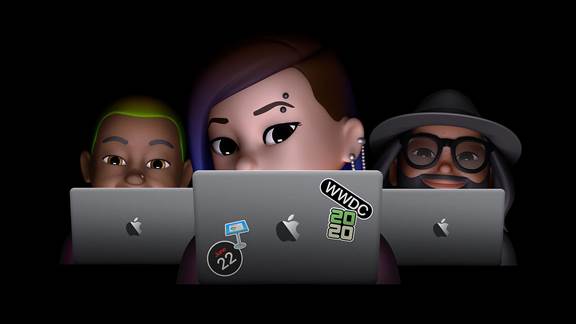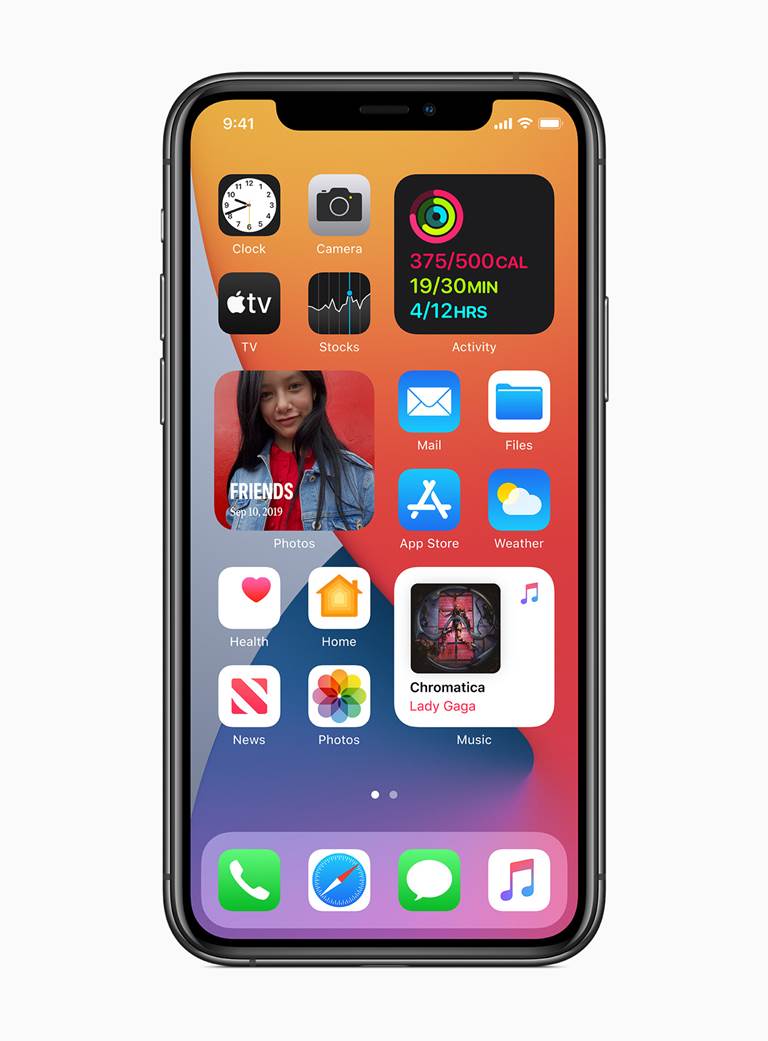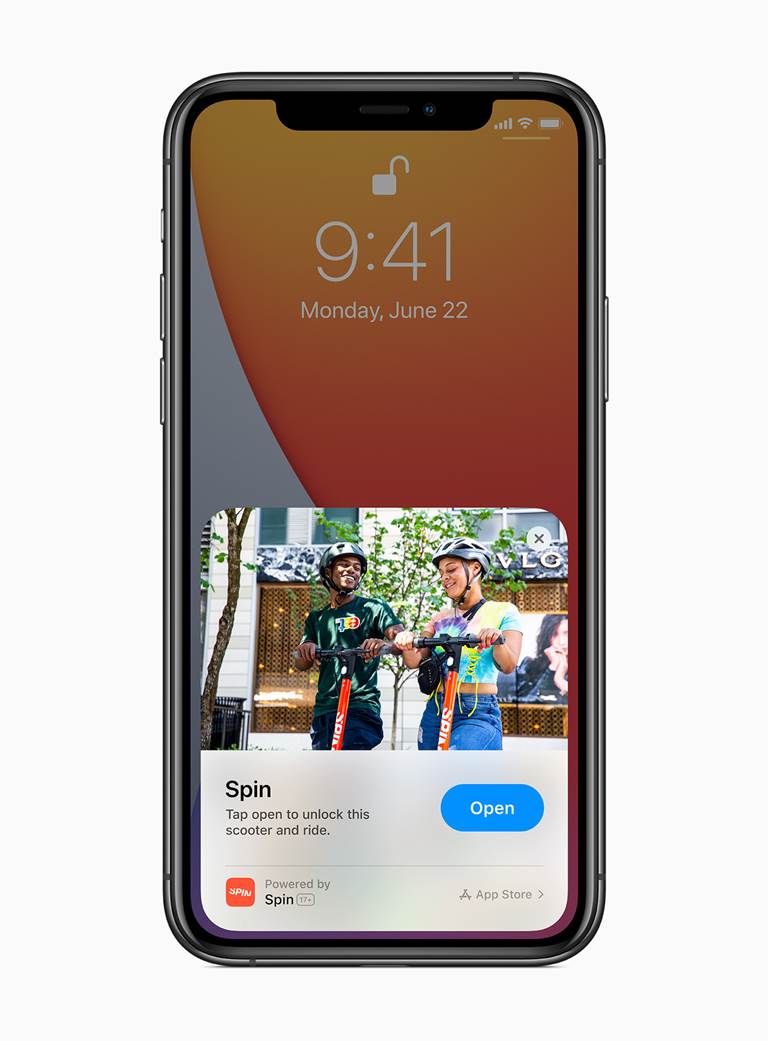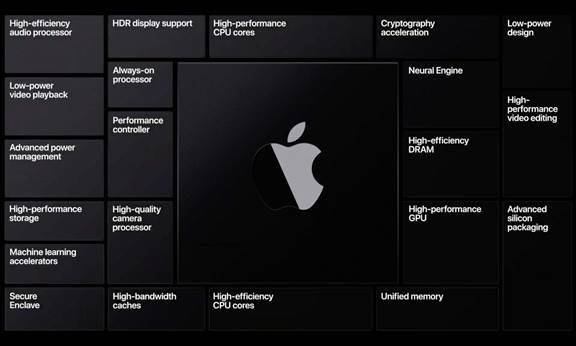App Clips
Opportunity :
Create smart mini-apps that can be downloaded contextually in physical spaces, or on messaging platforms
For who :
Retailers, live events, on-demand mobility services, conversational interfaces
For a long time, we’ve known that going out of your way to discover and download an app from the app store is a big commitment.
It requires storage, time and effort to go through the onboarding account set-up before the app becomes useful. Never is this more true than when you’re out and about in the real world and being encouraged to download apps for every different coffee shop you enter or rental scooter you ride.
App Clips are Apple’s solution to this pain - allowing people to use an app’s best features when they need them, without the need to have already downloaded it. Clips are made available when and where you need them. Users just scan a physical QR code or tap NFC, and the mini-app’s functionality is immediately downloaded and available to use.
This is a game changer for brands with in-store experiences and physical spaces, where apps need to be discovered and downloaded in the moment before they become useful. Immediate opportunity for supermarkets that have launched ‘scan-pay-go’ apps or restaurants with ‘order-ahead’ functionality, to quickly develop and launch App Clips.
But there is a much broader range of physical retail experiences that will benefit from contextually driven discoverability as well as increased speed and convenience, especially around payment.
App Clips are also available in messages - offering the opportunity for conversational interactions with organisations to be augmented. If you’re in an organisation that is exploring conversational commerce, this could be a quick route to monetising interactions in-chat by offering a quick way to select, reserve or buy in the relevant App Clip.
This convenience comes at the price of needing to tightly link everything to the Apple ecosystem with Apple Sign-in and Apple Pay. But the low friction of these interactions might help drive uptake and conversion of new services that otherwise would have had to overcome the app-download hurdle.

Car Keys
Opportunity :
Explore shared vehicle access through mobile-enabled digital keys
For who :
Vehicle manufacturers & maintenance services, on-demand mobility platforms, car hire and travel companies
Apple introduced a new way to unlock and start your car, which looks to render the traditional car key obsolete - showing there is only space for one thing in your pocket.
They have led the way with the CarPlay system that has won out as the easiest way to sync mobile devices with touchscreen displays in modern cars. And this is another smart move from Apple that aims to closer connect your phone to your car.
The digital car key allows you to register a key in your Apple Wallet, that unlocks the car when you approach it via NFC. The engine starts only once you are in the car and your phone is resting on a pad next to the driver's seat.
However, the most interesting feature is the ability to create and store driving profiles next to different iPhone users - allowing the car to update user-specific permissions, restrictions and driving preferences.
Digital car keys open up a broad range of innovation opportunities for automotive companies.
Without the need to handover a physical car key, sharing access to a car becomes increasingly simpler. The ability for anyone to share access digitally could enable a number of new flexible business models around rental, part ownership and cross-manufacturer subscriptions.
With the increase in Electric Vehicle adoption, this could also spawn experiences that enable you to switch for a fully-charged car, if you’re halfway through a long journey and run out of juice. Also, early thoughts about the opportunity of enabling the car to become a safe-box for eCommerce packages - sharing access to a delivery driver to unlock, deliver and re-lock your car.

Connected Home
Opportunity :
Take advantage of open standards to develop smart home integrations and automations
For who :
Appliance makers, OEMs, utilities
A few years ago, when smart speakers became ubiquitous in every home, we thought it was just a matter of time before our house was fully automated to our specific lifestyle and routines.
Unfortunately this connected home dream hasn’t materialised. Competing products and ecosystems all vying to be the one to control your home, has led to a fragmented world where nothing really works with each other.
Finally the tech giants decided it's better for everyone if they worked together to make their smart home products compatible across ecosystems. Apple announced exactly this, unveiling a collaboration with Google, Amazon and others to develop a new smart home standard.
To demonstrate why customers should choose Apple to control their home, iOS 14 is beefing up their HomeKit functionality. Adaptive lighting will automatically adjust the colour of your lights throughout the day, to better suit morning and evening moods.
HomeKit will also suggest many more similar automations that are possible, such as opening the garage door when someone arrives home or HomePod automatically recognising and announcing the name of a friend or family member at the door.
The opportunity here is for appliance makers and OEMs to take advantage of the opening of standards to make sure their smart products fit into Apple HomeKit’s world of automated home routines.





